Director: Ahmed Rachedi
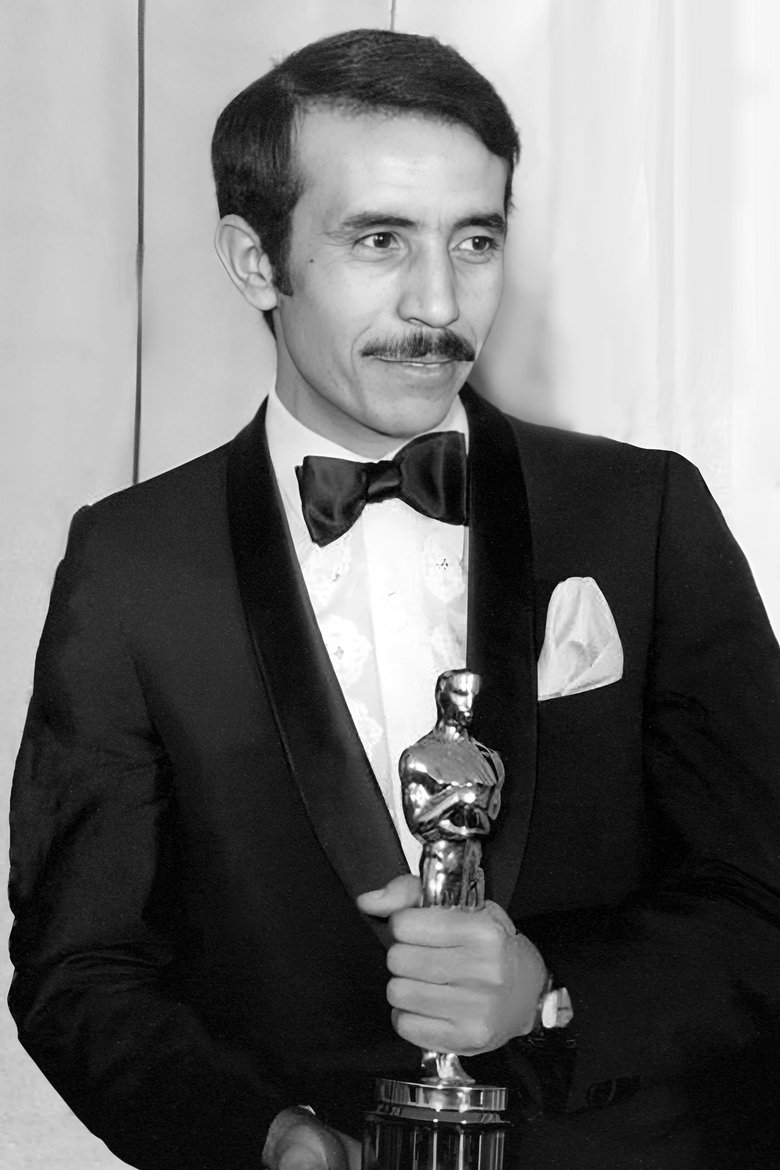
Birthday: 1938-01-01
Born in: Tébessa, Algérie
Biography: Ahmed Rachedi (Arabic: أحمد راشدي), born in 1938 in Tébessa, is an Algerian filmmaker, screenwriter, producer and ministerial advisor. The war of independence is his school: Ahmed Rachedi belongs, with René Vautier and Mohamed Chanderli, to the first cinematographic unit of the FLN. He went to Tunis where his work focused on reporting, editing, as well as short films (he made several after independence). He participates in collective films and directs some of them. In 1962 he was one of the founding members, with the same René Vautier, of the CAV audiovisual center. He became known with "The Dawn of the Damned" (1965) and "The Opium and the Stick" (1971), adapted from the eponymous novel published in 1965 by Mouloud Mammeri, and presented at the directors' fortnight at the Cannes Film Festival. . In France, based on a screenplay by Rachid Boudjedra, he directed a story about emigrant workers, Le Doigt dans l'entreprises. In 1970, while he directed the National Office for Commerce and the Cinematographic Industry (ONCIC) from its creation and until 1971, he took part in the production of the famous film "Z" by director Costa Gavras which won the Oscar for best foreign language film for Algeria. Ahmed Rachedi becomes an independent producer. In 1986 he filmed a political comedy, Le Moulin de monsieur Fabre, a film starring Jacques Dufilho. In 1990, he adapted Amin Maalouf's novel Léon l'Africain for cinema and television. In 1993, his TV film C'tait La Guerre, co-directed with Maurice Falevic, won the FIPA d'or prize. Since 2009 he has devoted himself completely to historical films by directing several biopics dedicated to the life and journey of figures from the war of national liberation. He released the feature film "Mostefa Ben Boulaïd" in 2009 which will be followed in 2015 by "Krim Belkacem", a historical film on the journey of this figure of the revolution, and "Lotfi", dedicated to the journey of Colonel Lotfi. In 2018 he released his latest film "Les Sept Remparts De La Citadelle", adapted from the eponymous novel written by Mohamed Maarfia. In 2021, Ahmed Rachedi was appointed to the position of Advisor to the President of the Algerian Republic, responsible for culture and audiovisual.
Born in: Tébessa, Algérie
Biography: Ahmed Rachedi (Arabic: أحمد راشدي), born in 1938 in Tébessa, is an Algerian filmmaker, screenwriter, producer and ministerial advisor. The war of independence is his school: Ahmed Rachedi belongs, with René Vautier and Mohamed Chanderli, to the first cinematographic unit of the FLN. He went to Tunis where his work focused on reporting, editing, as well as short films (he made several after independence). He participates in collective films and directs some of them. In 1962 he was one of the founding members, with the same René Vautier, of the CAV audiovisual center. He became known with "The Dawn of the Damned" (1965) and "The Opium and the Stick" (1971), adapted from the eponymous novel published in 1965 by Mouloud Mammeri, and presented at the directors' fortnight at the Cannes Film Festival. . In France, based on a screenplay by Rachid Boudjedra, he directed a story about emigrant workers, Le Doigt dans l'entreprises. In 1970, while he directed the National Office for Commerce and the Cinematographic Industry (ONCIC) from its creation and until 1971, he took part in the production of the famous film "Z" by director Costa Gavras which won the Oscar for best foreign language film for Algeria. Ahmed Rachedi becomes an independent producer. In 1986 he filmed a political comedy, Le Moulin de monsieur Fabre, a film starring Jacques Dufilho. In 1990, he adapted Amin Maalouf's novel Léon l'Africain for cinema and television. In 1993, his TV film C'tait La Guerre, co-directed with Maurice Falevic, won the FIPA d'or prize. Since 2009 he has devoted himself completely to historical films by directing several biopics dedicated to the life and journey of figures from the war of national liberation. He released the feature film "Mostefa Ben Boulaïd" in 2009 which will be followed in 2015 by "Krim Belkacem", a historical film on the journey of this figure of the revolution, and "Lotfi", dedicated to the journey of Colonel Lotfi. In 2018 he released his latest film "Les Sept Remparts De La Citadelle", adapted from the eponymous novel written by Mohamed Maarfia. In 2021, Ahmed Rachedi was appointed to the position of Advisor to the President of the Algerian Republic, responsible for culture and audiovisual.
Known for
7.9
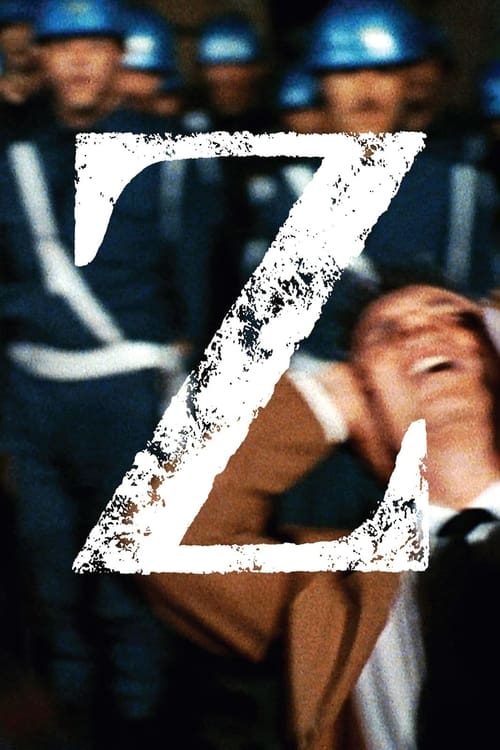
10.0
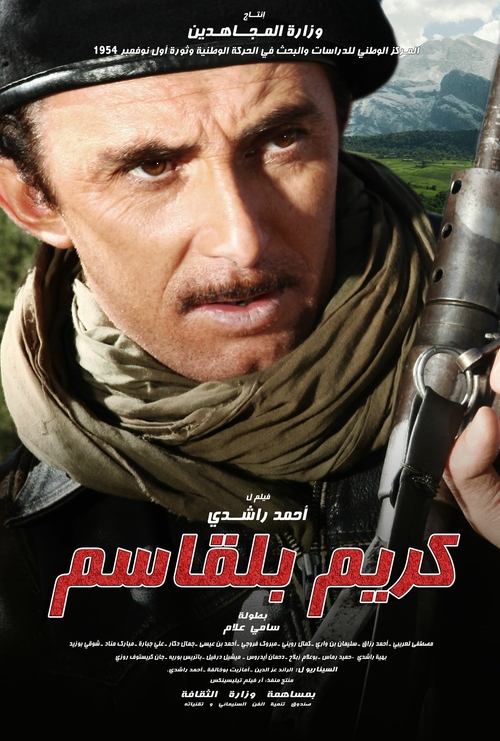
7.5
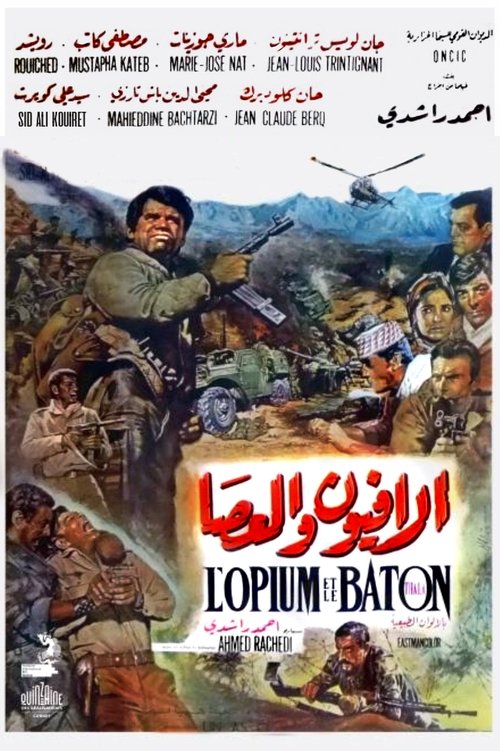
6.3
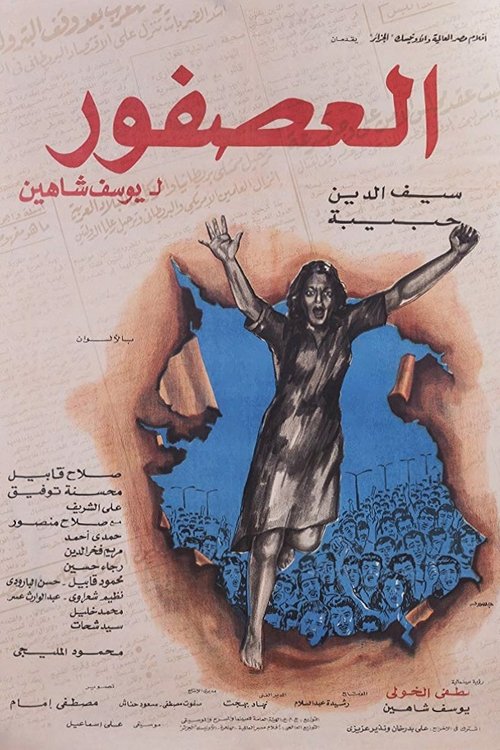
10.0
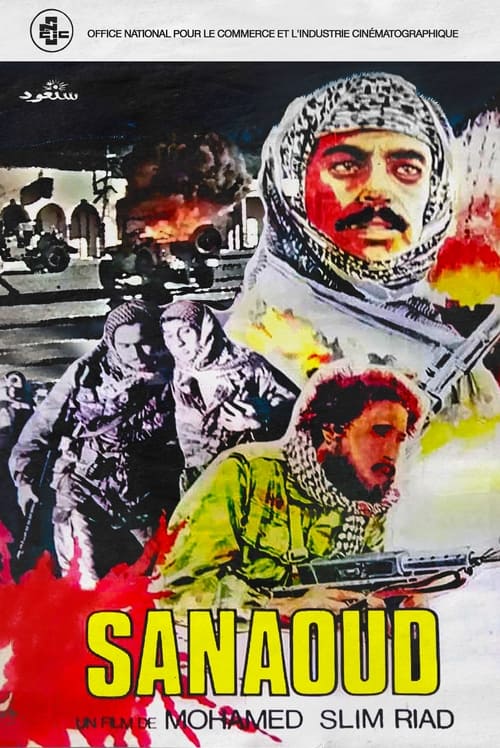
7.2
